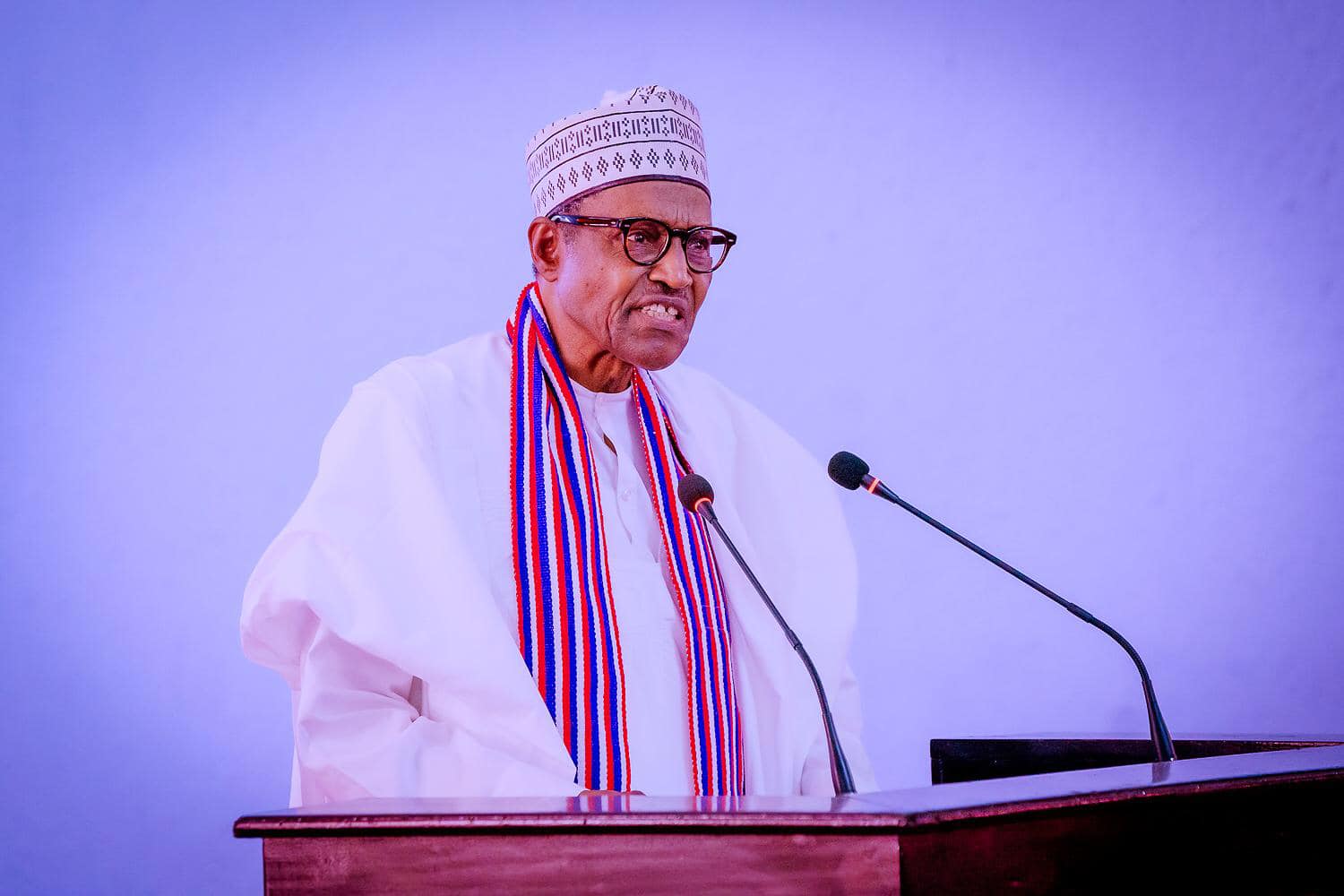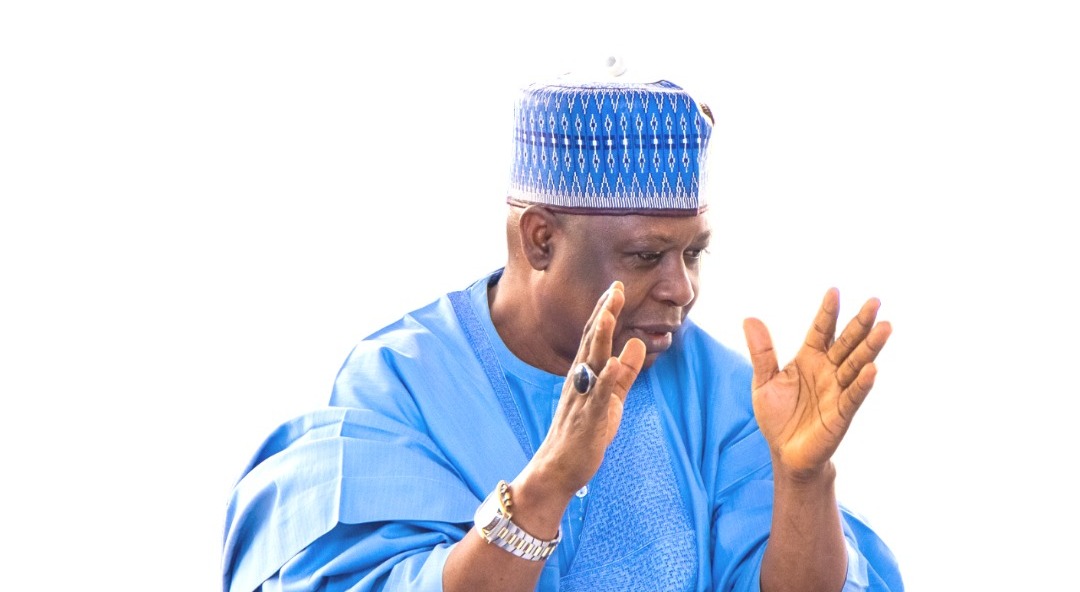President Muhammadu Buhari says the latest interest rate increase by the Central Bank of Nigeria (CBN) will insulate the country’s economy from exposure to global uncertainties by curbing inflation.
Buhari said this on Saturday in his last Independence Day address.
On Thursday, the policy-setting committee of the CBN raised the monetary policy rate (MPR), which measures interest rate, from 14 percent to 15.5 percent.
The latest adjustment was the third consecutive increase in 2022.
Advertisement
The monetary policy rate (MPR) is the baseline interest rate in an economy, every other interest rate used within an economy is built on it.
Addressing Nigerians, Buhari expressed confidence that the adjustment would curb core inflation
“This is evidenced by the recent Monetary Policy Committee decision to maintain all parameters, especially interest rates and marginally increased the monetary policy rate (MPR) from 14 percent to 15.5 percent and the cash reserve ratio (CRR) from 27.5 percent to 32.5 percent,” Buhari said.
Advertisement
“It is projected that this would further insulate our economy from over exposure to uncertainties at the international market by restraining growth in core inflation.”
Further speaking on his economic performance, he said efforts in re-setting the economy manifested in Nigeria exiting two economic recessions by the “very practical and realistic monetary and fiscal measures to ensure effective public financial management”.
Buhari, in addition, said the effective implementation of the treasury single account and cutting down on the cost of governance also facilitated early exits from recessions.
“Fellow Nigerians, this administration removed several decades uncertainty for potential investors in the oil and gas sector with the passage of the Petroleum Industry Act, 2021. This landmark legislation created opportunities for foreign investments in addition to improving transparency in the management of the sector,” he said.
Advertisement
“Our administration has given the desired priority to the agricultural sector through a series of incentives to micro, small and medium scale enterprises that resulted in creating millions of jobs. Leading this initiative, the Central Bank of Nigeria’s intervention in a number of areas as well as the anchor borrowers programme had created the required leverages for Nigerians towards self-sufficiency in food and the necessary attraction for farming as a business.
“The growing contribution of non-oil exports, especially in agriculture, information and communication technology as well as the performing arts to our national economy will enhance our foreign exchange earning capacity.
“We are confronting current economic challenges such as debt burden, growing inflation, living standards and increasing unemployment accentuated by our growing youthful population. These problems are globally induced and we would continue to ensure that their negative effects are addressed in our policies.
“This administration will continue to ensure that our fiscal policies are supported by a robust and contemporary monetary policy that recognises our peculiarities in the midst of the growing global economic difficulties.”
Advertisement
Add a comment







